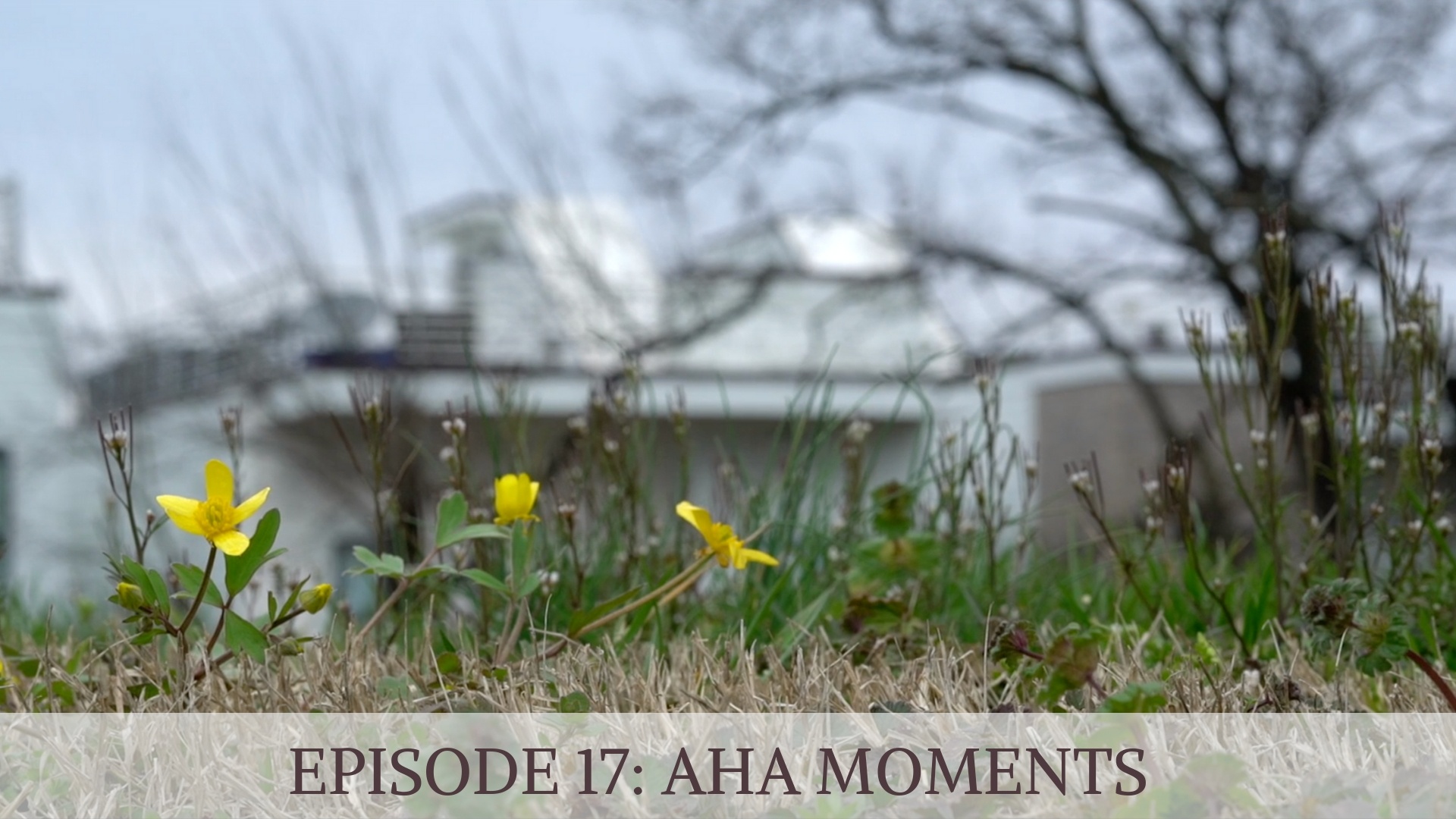Aha!
So many kinds of moments deserve this word!
When conducting interviews with 50 seminarians-on-the-way-to-ministry and 25 seasoned pastors and priests, we asked them all to tell us about and “aha moment” of learning in ministry. The Learning Pastoral Imagination data is thus filled with wonderful, surprising, and profound moments of learning in practice.
Rarely did we hear stories of classroom learning. What we heard were stories about Clinical Pastoral Education, internships and field education, camp experiences, and other moments when people were deeply immersed in the practice of ministry itself.
This week’s episode of Three Minute Ministry Mentor is one such story we heard from Monica.* Her story really has two “aha moments.” The first came at a moment when she felt a strong sense of calling. The second came when she found herself in a surprising reversal of roles with her chaplain supervisor.
What are your aha moments of learning in the practice of ministry?
To be sure some learning comes slowly and gradually, but when there is a realization that dawns on us, we do well to capture it and seal it into our being. As Monica says, such moments are not always accompanied by lights and bells, but they are profound nonetheless.
The resource I am sharing with you this week is a Leonard Cohen song “Come Healing.” May this Lenten season be for you a time of large and small “aha moments” and a time of healing for body and mind.
We are interested in hearing about your “aha moments”! You can share them with us on facebook, twitter or instagram. Help us start a more public conversation!
Do you have feedback for the Three Minute Ministry Mentor? We invite you to share your feedback here!
Want to watch earlier episodes of the Three Minute Ministry Mentor? We have them here for you! To listen to past episodes as podcasts, choose your favorite place to get episodes and subscribe today!
Would you like to receive weekly email reminders for new 3MMM episodes? Sign up here!
*Monica is a pseudonym as with all names used in the LPI data and stories, which are used by permission of the study participants.




